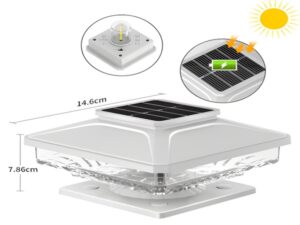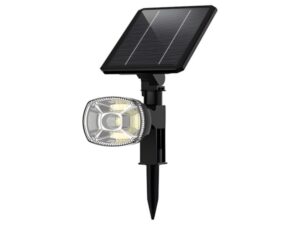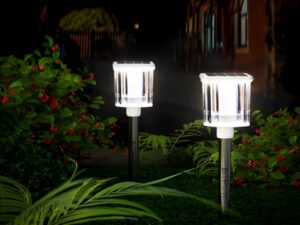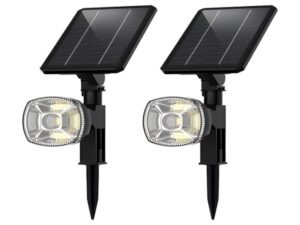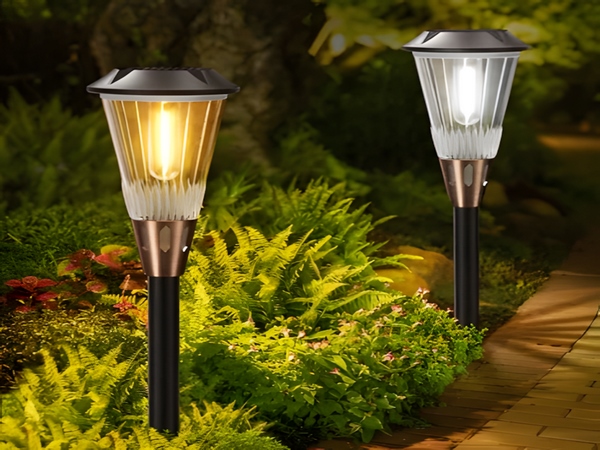
Due to the charging of solar streetlight batteries being directly provided by solar panels with unstable energy output, it is necessary to equip them with batteries that have a reasonable capacity and reliable performance, ensuring the normal operation of solar streetlights.

The solar streetlight system typically uses maintenance-free lead-acid batteries, a new type of battery that features full sealing, high discharge rates, stable characteristics, simple installation, and a small footprint, allowing for both horizontal and vertical installation. The theoretical lifespan is generally 5-7 years. The principle for selecting battery capacity is that it must meet the nighttime lighting requirements, store energy generated by the solar panels during the day, and provide enough electricity for lighting needs during continuous overcast or rainy nights. A battery capacity that is too small will not meet nighttime lighting needs, while one that is too large may result in long-term discharge, shortening battery life and leading to unnecessary expenditure.
The voltage of the solar cells must exceed the battery’s operating voltage by 20%-30% to ensure proper charging of the battery. It is advisable for the battery capacity to be over six times the daily consumption of the load. The basic requirements for the batteries used in solar streetlights are:
1. Low self-discharge rate;
2. Long service life;
3. High charging efficiency;
4. Low maintenance or maintenance-free;
5. Wide operational temperature range;

6. Low cost.
Bitpott Company is a high-tech enterprise specializing in the production of outdoor lighting fixtures for solar streetlights. The company has introduced advanced production equipment and processes from Europe and America, focusing on the research and development of intelligent control systems for outdoor lighting, offering urban and rural streetlight engineering solutions that are well received by customers.
